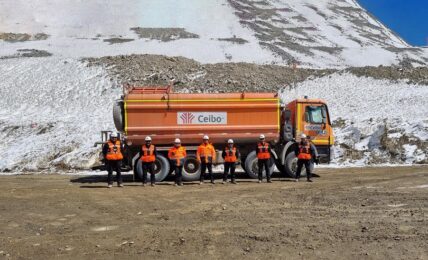Walmart and PepsiCo announced the launch of a new strategic collaboration aimed at enabling the adoption of regenerative agriculture practices on more than 2 million acres of farmland in the U.S. and Canada.
The company’s plan to invest $120 million focused on supporting farmers to improve soil health and water quality.
Regenerative agriculture practices are aimed at addressing the environmental impact of the sector, and include techniques to improve and restore ecosystems, build soil health and fertility, reduce emissions, enhance watershed management, increase biodiversity, and improve farmers’ livelihoods.
Agriculture has emerged as a major focus area for climate action, as the sector accounts for a significant proportion of GHG emissions, and is among the most difficult areas to address climate impact. The sector contributes a significant proportion of the climate impact of the food and beverage sector, which in turn accounts for approximately a third of global GHG emissions.
According to the companies, the new initiative aims to deliver approximately 4 million metric tons of greenhouse gas (GHG) emission reductions and removals by 2030.
Jane Ewing, Senior Vice President for sustainability at Walmart, said:
“At Walmart, our sustainability strategy is built to make the everyday choice the sustainable choice for our customers. This collaboration with PepsiCo is a great example of how we are prioritizing the expansion of regenerative agricultural practices among farmers across North America so that we can continue to make quality products affordable and accessible for customers.”
The new initiative follows the launch by PepsiCo in 2021 of its wide-ranging sustainability agenda, pep+, which includes “Positive Agriculture” as one of its three key pillars, with a goal to spread regenerative practices to restore the Earth across the company’s 7 million acre agricultural footprint. Walmart’s sustainability goals include targets to help protect, manage or restore at least 50 million acres of land and one million square miles of ocean by 2030.
Under the new collaboration, the companies said that they aim to elevate farmer livelihoods and engage with them on how to more sustainably managing soil health and increase yields. The companies also said the collaboration could create a model other product categories could use for other brands to also invest in regenerative agriculture.
Steven Williams, Chief Executive Officer, PepsiCo Foods North America, said:
“This effort is a new model for PepsiCo, marking our first, large-scale strategic collaboration focused on sustainable agriculture with a retail partner. Farmers are critical to our business, and many of the brands our consumers know and love rely on ingredients that we source straight from the farm. By joining forces with Walmart, we’ll be empowering farmers through education, upfront investment in outcomes, peer coaching and cost-sharing – and hopefully inspiring others to join us.”


